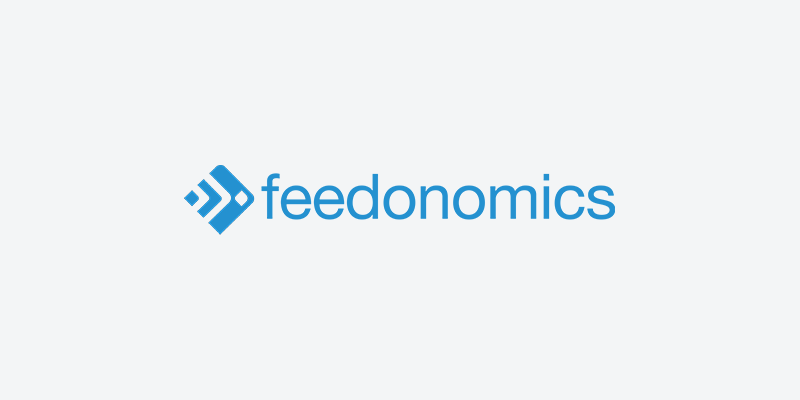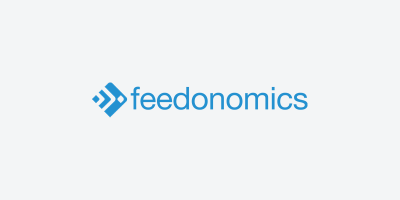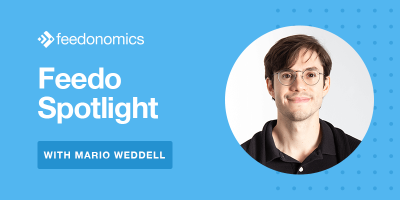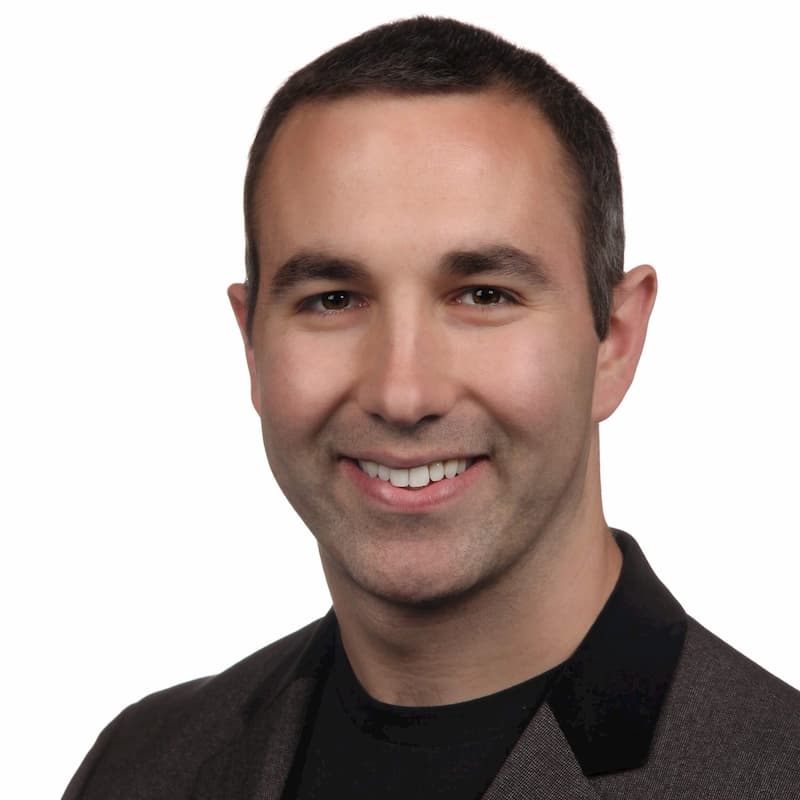
Meet our new Director of Strategic Partnerships, David Waltzman! David was recently promoted to this new role after working at Feedonomics for 6 months as an Enterprise Account Manager. Although he has only been with Feedonomics for a short time, David has quickly taken on challenges with enthusiasm, proving to be an invaluable member of the team.
Based in Georgia, David collaborates with our partners to build a robust ecosystem for extracting, optimizing, and syndicating product data.
David’s extensive education (he has a master’s in Mechanical Engineering as well as an MBA) combined with his technical working knowledge, enables him to merge business and engineering together to provide solutions to our clients’ unique problems.
Recently, we caught up with David to learn a little more about what makes him tick, his biggest accomplishment to date at Feedonomics, and his passion projects (hint: it has to do with machine learning).
Can you tell us about your early days working at Feedonomics?
The early days for me date back six months ago…
That being said, Feedonomics has evolved substantially since then. I joined as an Enterprise Account Manager. A month after onboarding, my team doubled in size. We also ended the year with technology and procedures at our disposal that did not exist a year before. Change is constant at Feedonomics. The good news is that the changes are all headed in the right direction. It is neat to see the company evolving to meet the needs of larger-scale projects while still servicing its core that got the company to where it is today.
What did you do before Feedonomics?
I started my professional career as a process engineer in the semiconductor industry. While the work was stimulating, the best part of my day was walking around the building and meeting new people. They would talk about their backgrounds and what they do for the company. With that knowledge, I would then set up collaborations across departments to add more value to projects.
This led me to transition to being a sales engineer for a design software company. The appeal here was that I had the opportunity to visit hundreds of companies from one-person startups to Fortune 500 firms and find ways to improve their R&D technology. As time passed, I found a greater appreciation for the business conversation and transitioned to sales. Coming from the technical side, I had empathy for clients because I had been in their shoes. It has been quite fulfilling to see positive outcomes for my customers.
So looking back at 2019, what has been your biggest accomplishment at Feedonomics?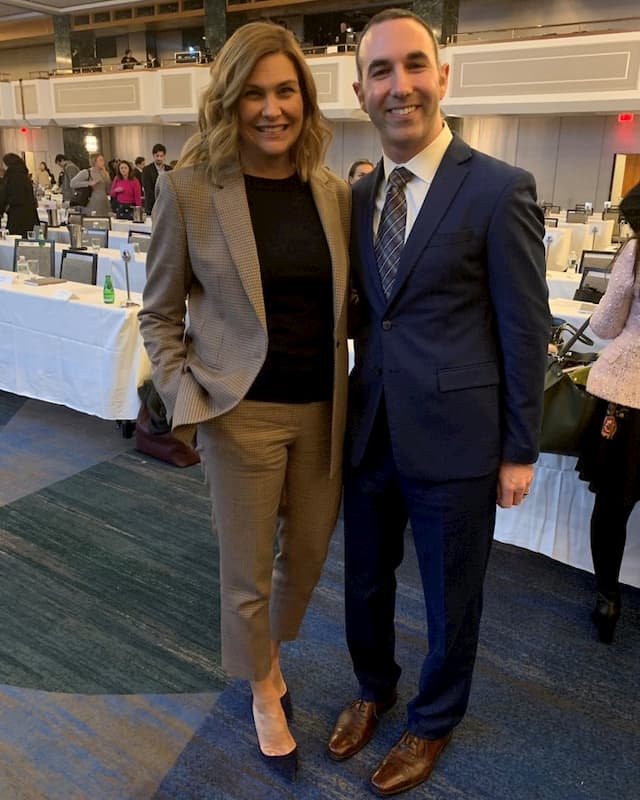
In the fall, I had the opportunity to represent Feedonomics at a couple of events. One was a partner summit and the other was an industry event. It was amazing to hear about the latest and greatest technologies as well as meet the movers and shakers enabling the next generation of commerce. While I enjoyed attending these events, I felt that something was missing. It would be even better if there was someone at Feedonomics dedicated to developing partnerships and keeping a pulse on what is new in the industry.
That person could be intentional about the events attended and strategic with the message and brand story. Repositories could be built with this information for the sales team to reference for thought leadership. Additionally, fostering closer partner relationships could help guide product roadmap both internally and externally.
At Feedonomics, we have a set of 15 Feed On! Principles. I decided to embody “Go for the Gap” and suggested to the senior leadership that there was a deficit and that I was the man with the plan to get the job done. Roughly a month later, the position was approved and I started officially January 1st! This is a testament that our principles are not just words written on posters, but actually the way Feedonomics operates and improves on a daily basis.
What made you decide to go back to get your master’s degree?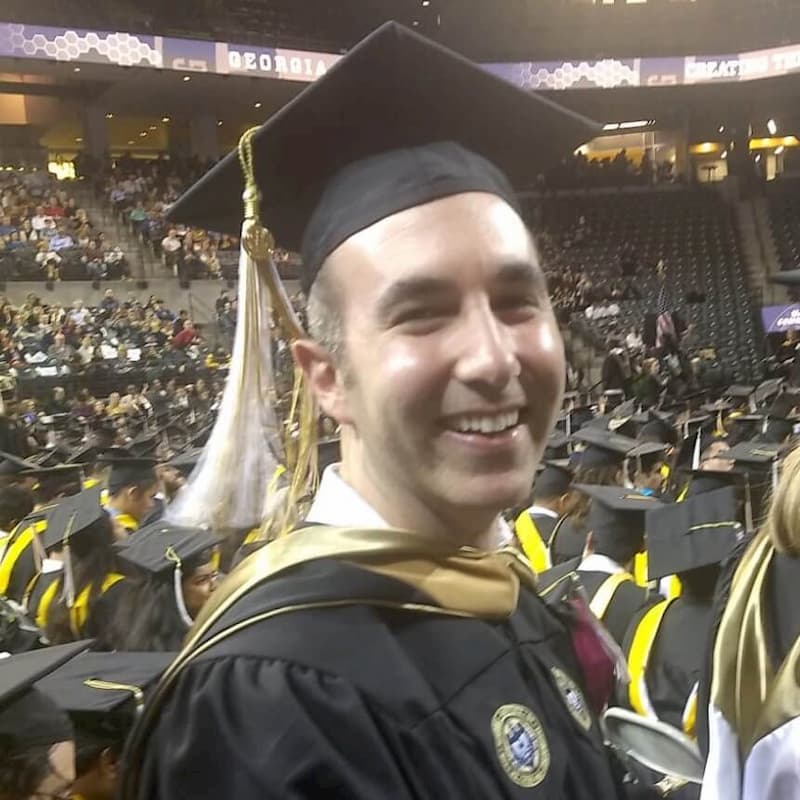
My first master’s degree is in mechanical engineering from UCLA. I continued straight from my undergraduate degree in mechanical engineering from UCSD with the aim of soaking up more information while my brain was still in gear for school. The focus of my studies was on nanotechnology. It was an exciting space because we were designing mechanical systems, that were controlled electronically, made chemically, and manufactured by light.
Fast forward 7 years. The topics that I found most interesting were related to business. Supporting enterprise clients and collaborating with executives, it was beneficial to speak their language. I would glean anything I could from seasoned colleagues and the frequent Google search. Eventually, I came to the conclusion that advancing my business knowledge through formal education would enable further professional growth in the years to come.
Fortunately, the Georgia Institute of Technology was 30 miles from my house and offered an Executive MBA program for working professionals. Lectures were 4 hours Friday night and 8 hours on Saturday with 2 hours or so of homework every night. This was a full semester course load while working full-time. A traditional MBA is two years. Since an internship was not necessary, I did four semesters straight through and finished in 18 months. Graduation was a month ago.
Looking back, this was a phenomenal experience and I highly recommend it to anyone looking to expand their skill set while still working during the day. You become an expert in time management.
How has higher education helped you with problem-solving at Feedonomics?
Higher education has helped me at Feedonomics in so many ways. The master’s in engineering deeply ingrained the mentality that most problems are interdisciplinary in nature. When peeling back the layers, there are usually multiple factors at play with a client that influences their decision of whether or not to move forward with a new solution. This is also the case internally with building out new features in the platform and resource allocation for accounts.
The masters in business has been tremendous for learning a new industry. Feedonomics is my first dip into eCommerce. I learned about the advertising ecosystem in both my marketing and information systems courses. Principles from strategy, corporate finance, technology innovation, and organizational transformation have also contributed significantly to my conversations in the office with regards to the team’s evolution and project scoping.
What do you like to do in your spare time?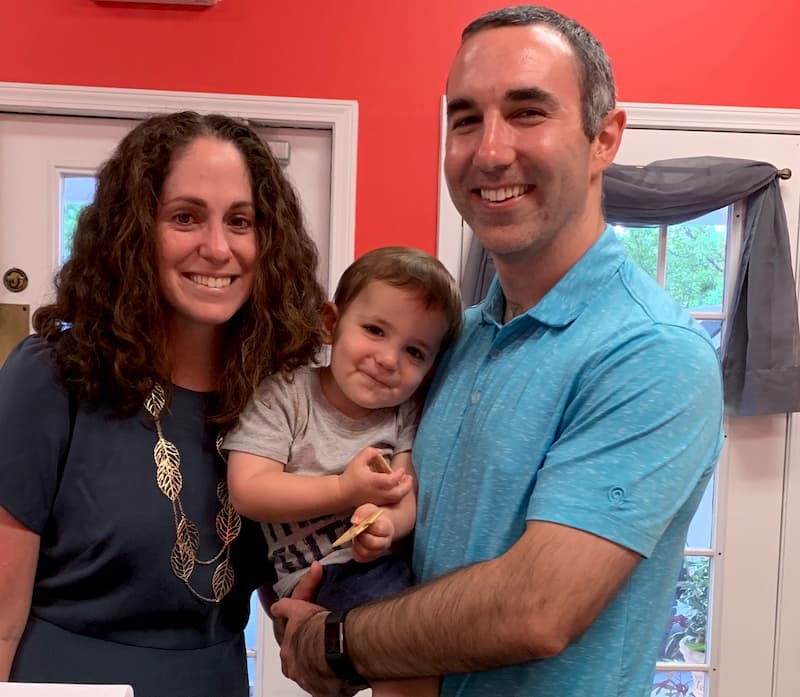
With graduation a few weeks behind me, I am relearning what spare time is. I enjoy reading the Economist. It is a compact way to stay on top of what’s changing in the world and written extremely well. Academically, I just started reading more in-depth about machine learning. Machine learning is permeating into many areas and I believe it makes sense to stay ahead of the curve. It is fascinating to see what data can be processed now that computing is not really a limitation. My wife and I enjoy running, rowing, and spin after our 2-year-old goes to bed at night. Before having a kid, we both played on tennis teams, so hopefully, we will do that as a family in a few years.
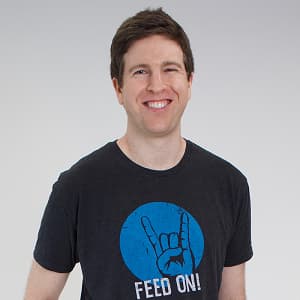
Brian Roizen is the Cofounder and Chief Architect of Feedonomics, a full-service feed optimization platform that optimizes product data for hundreds of channels. He has been featured on numerous podcasts and eCommerce webinars, and regularly contributes to Search Engine Land and other industry-leading blogs. Brian graduated summa cum laude from UCLA with both a Bachelor’s and Master’s degree in Mechanical Engineering.

